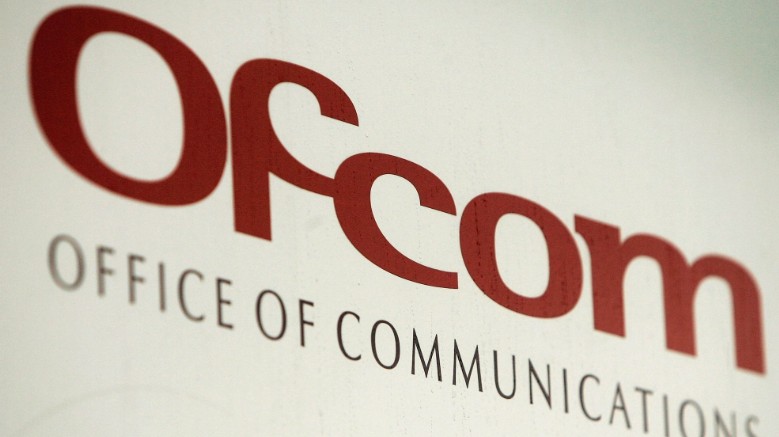UK Online Safety Act Age Verification: Sweeping New Internet Rules Land in the UK This Week
The UK Online Safety Act age verification rules are set to transform how Britons access online content. Starting Friday, 25 July, websites hosting adult or potentially harmful material will be legally required to verify users’ ages or face serious penalties.
This new legislation, years in the making, is one of the UK’s most significant digital overhauls to date. It hands enforcement powers to Ofcom, the country’s broadcast and online regulator, to ensure platforms introduce robust age verification methods or risk being blocked or fined.
Sites must now screen users before giving them access to content considered unsuitable for minors, such as pornography, self-harm content, pro-eating disorder material, and content encouraging dangerous behaviour or violence.
“Instead of privacy, we will have age verification. Instead of security, we will have backdoors in end-to-end encryption.
And instead of free speech, we will have scanning and filtering of all content, all the time,” the Electronic Frontier Foundation warned, calling the legislation a “dangerous attempt to remake the internet.”
The impact will be immediate. Some platforms have already adjusted. Discord, Reddit, Bluesky, Grindr, and Steam have rolled out new restrictions, especially around NSFW content and messaging features. Others, particularly smaller websites, are giving up altogether.
PornHub, one of the largest adult content platforms, has confirmed that its entire site will now sit behind an age verification wall in the UK. Other adult platforms are following suit.
And it’s not just porn sites. Gaming platforms like Nexus Mods and Steam are now demanding users confirm their age before accessing mature content or features. Even voice or video chat tools could be affected.
Some UK-based websites, unable to meet the technical or financial demands of these new requirements, are shutting down entirely.
The Green Living Forum, a long-standing community with over half a million posts, has announced its closure this week. The team behind it says the cost of compliance simply isn’t feasible.
There’s also growing concern about how these checks will work in practice, and who will be handling users’ personal data.
Age checks might involve facial recognition, scanning ID documents, or entering credit card details. Many of these tools are operated by third-party verification companies.
Critics fear that handing over sensitive information to outside firms could open the door to data misuse, leaks, or surveillance.
Ofcom insists that if data is being mishandled, it will refer cases to the Information Commissioner’s Office (ICO). Still, many argue that these steps are reactive, not preventative.
Much of the discussion right now centres around how effective these measures will really be. A recent breakdown of the rollout highlights both the opportunities and the risks these changes pose to online freedom and digital safety.
That deeper dive into the early phase of implementation can be found in this coverage of the age check enforcement shift.
Privacy isn’t the only worry. Tech-savvy users can still dodge restrictions using a VPN, a virtual private network, which disguises a user’s location and tricks systems into thinking they’re outside the UK.
Ofcom is cracking down on this too. It says websites must not support or promote tools that let users bypass age checks. Parents are being urged to familiarise themselves with how VPNs work and monitor their children’s use of such tools.
A spokesperson from Aylo, PornHub’s parent company, told the BBC: “We certainly do not recommend that anyone uses technology to bypass the law.”
Supporters of the Act say it’s a long overdue step toward making the internet safer, especially for kids. But many critics see it as a slippery slope towards over-regulation.
The Act has been described by campaigners as a path to a “much more censored, locked-down” digital environment, with fears it may erode the “freedom of all internet users.”
The law also introduces new criminal offences targeting harmful online behaviour. These include sending threatening messages, epilepsy trolling, cyber-flashing (like unsolicited explicit photos), promoting self-harm, and spreading false information designed to cause distress or harm.
The bottom line? The internet in the UK is about to become harder to navigate, especially for platforms that rely on user-generated content. Compliance is no longer optional.
As the UK Online Safety Act age verification rules come into force, the digital landscape will change. For some, it’s a step toward a safer internet. For others, a move toward an increasingly restricted one.
One thing’s certain: Friday will mark a new era for how the UK connects online.






